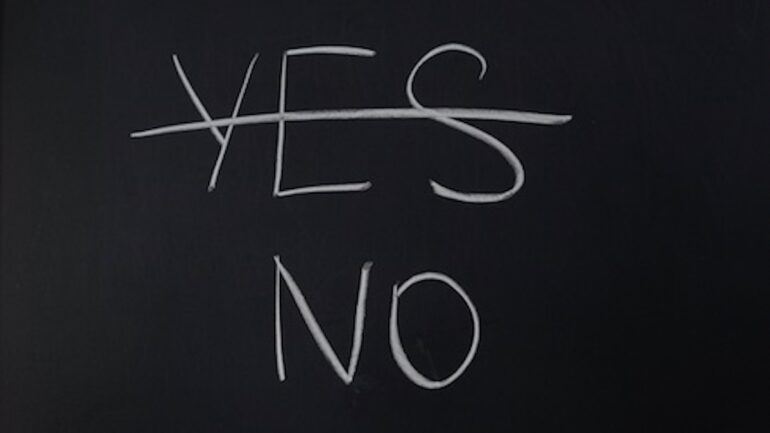In the scheme of things the gift was a small amount — about $500 — but it was more than this donor had ever been known to give. So it was noteworthy. The gift was in support of a new effort to help at-risk students outside of the USA. The donor, who I had known for years, said he’d give me a check the next time we saw each other.
Which he did a month or two later when we had lunch. I said thank you, of course, and then asked what had prompted him to be generous toward this new project.
This happened years ago so I don’t remember the exact wording, but the gist of his answer was along the lines of, “I’m always eager to support nonprofit work that teaches American values and raises a new generation who support the American way. I want those foreign kids to grow up loving America.”
I blinked. Maybe more than once. Eventually I asked follow up questions. Then more.
His answers left me conflicted. Not so much for what he valued (American capitalism, American democracy, American exceptionalism) but for what he did not value when he made a giving decision (service toward others, concern for those living in poverty with limited access to education, strengthening discipleship programs).
His gift was purely utilitarian. I give, therefore they like me, therefore they admire my way of life, therefore they become advocates for my values. Actually, it was worse than utilitarian. It was manipulative.
Toward the end of the lunch, during which I spent most of my time listening and asking questions, I suggested he take the check back. “Look,” I said, “you seem to have different goals than what our programs actually aim to achieve. Maybe it’s better if you put your gift somewhere that aligns with your goals.”
He stared at me, surprised, and just a bit … perturbed? I couldn’t read him to know.
“I’m too honest with you then?” he asked. “You want me to talk about a passion to serve poor kids and help them out of poverty? Well, that’s not going to happen.”
“I understand. Which is why I think you should take this back.” I slid the check across the table.
He said no, I said yes, and finally he nodded as he took the check. A few minutes later we split the bill for lunch.
He remains in my life and I see him about once a year or so. Maybe less, to be honest. I look forward to seeing him because he’s a fascinating person and we always have a good conversation.
He’s never made a donation. I’ve never asked.
So, here’s the thing. Could I have done that if the check had more zeroes? If it was a $5000 check? Or $50k, or $500k? I’m not sure.
But I do know it taught me an important lesson. Learn who your donor is. Find out what makes them tick. Find a way to respect them and love them even if they don’t support your work.

